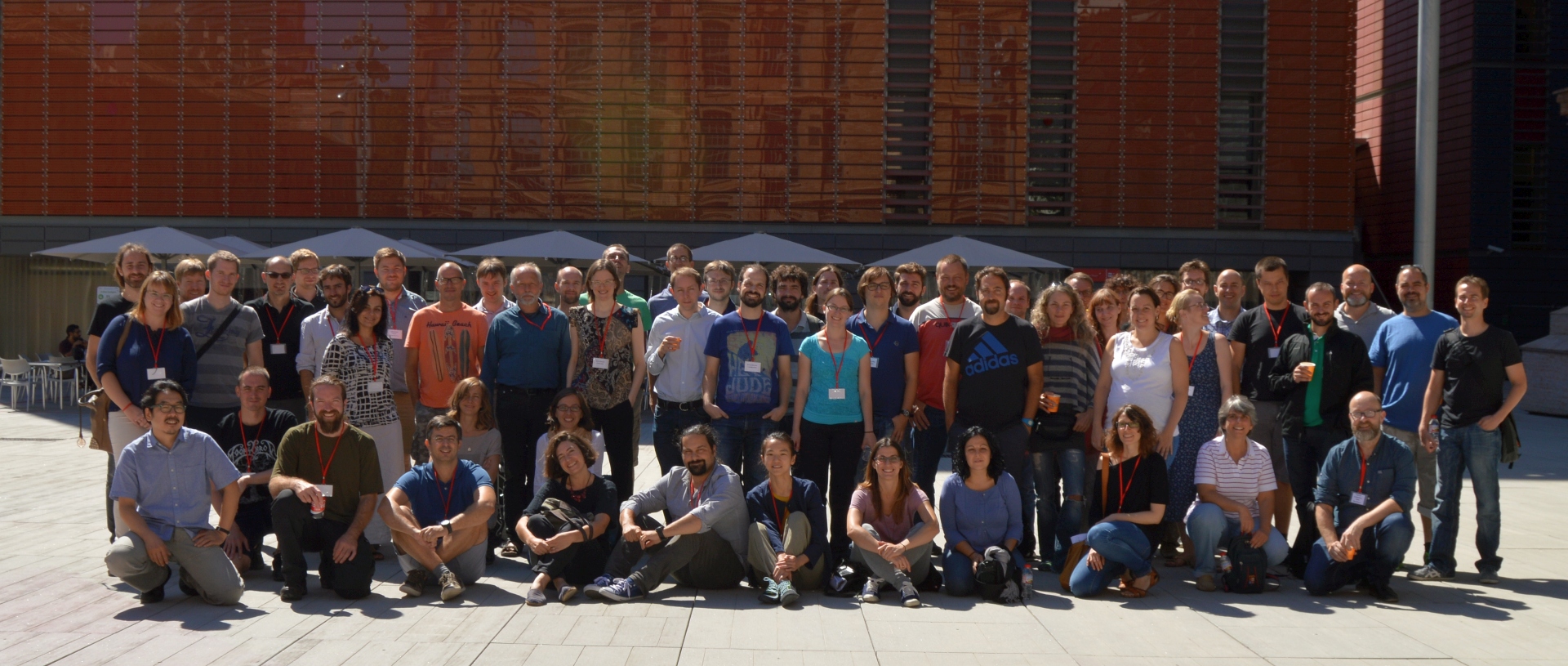NEUBIAS Training School for Facility Staffs
Course Overview
Since the time of Robert Hooke, images obtained through microscopy have played a central role in biological investigation. The integration of microscopy with image capture technology and computational science has heralded a new era in Biology: images are now treated as multidimensional numerical data, which can be processed and analysed quantitatively using computers. For treating images as measured values, knowledge on the nature of digital images, of processing protocols and of algorithms is essential. However, most biologists are not yet trained with the skills necessary for using complex image analysis tools, or how they operate, and how to best extract meaningful quantitative data from micrographs; this is especially true with techniques such as fluorescence, confocal and other advanced microscopy techniques.
This NeuBIAS training school series is based on the highly successful BIAS courses (@ EMBL) and EuBIAS symposia courses, and will be provided by NeuBIAS faculty and new invited trainers. The program will include computational methods and tools for analysing images of molecules, cells and tissues, tailored for Staff Scientists working in, or in association with, microscopy/bioimaging facilities, who can then provide support and training for researchers who have an immediate need to deploy image analysis in their research. For this, the course extends from basic principles to the actual implementation of workflows using scripting.
Target Audience: Facility Staff
This course is designed for staff scientists, graduate students, Post-docs and Faculty, who work in the context of bioimaging facilities and provide assistance to users in need of image data analysis. We expect some experience in handling image data, and some level of familiarity with imageJ/FIJI or equivalent IA software; this course is not appropriate for complete beginners (from 2017, NeuBIAS will provide other Training Schools including one for "Early Career Investigators")! Very basic programming knowledge is a plus, but not a requirement. Applicants are required to write a letter of motivation, fill a form to assess their level of proficiency and interests, and include a mini-project with goals for the course (e.g., a specific image analysis tool or workflow that they are interested in getting help with from our expert trainers).

(group photo Barcelona training school #1 & taggathon - Sept 2016)
